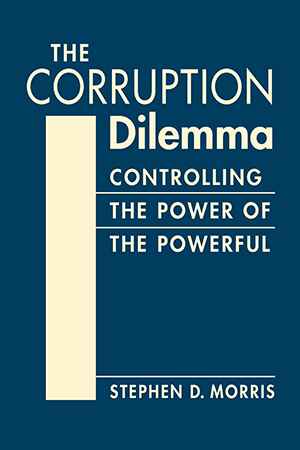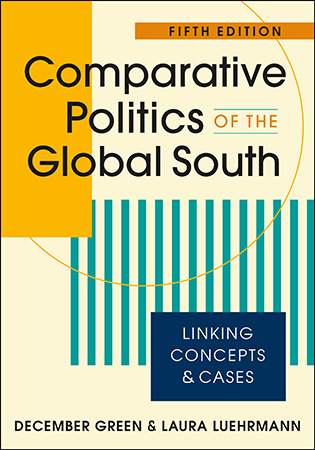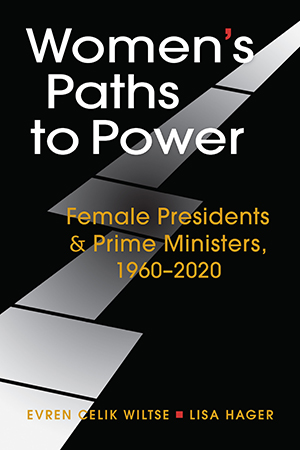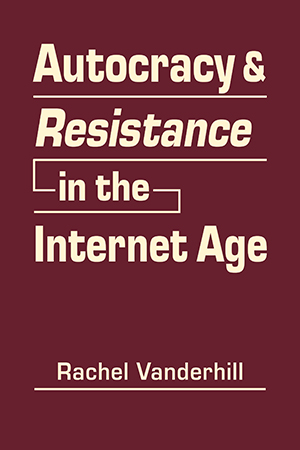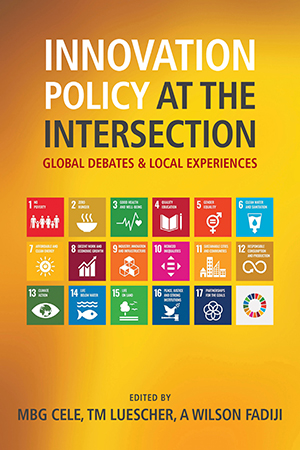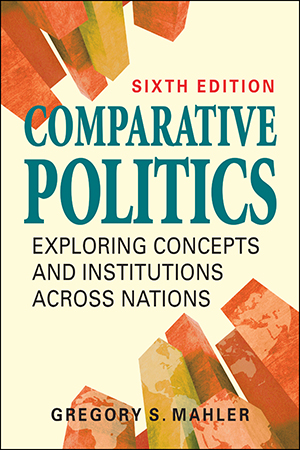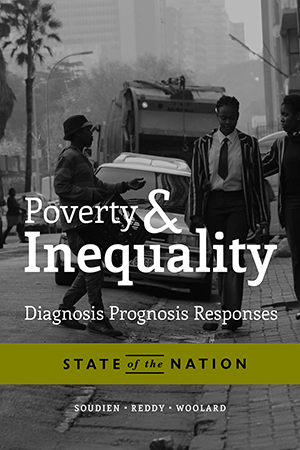Comparative Politics (general books)
Clearly written, authoritative, pedagogically sound ... This new text effectively links cases and theory to provide students with a thorough understanding of the ways that foreign policy is More >
Precarious living conditions across the Balkans, the Middle East, and North Africa create fertile ground for radical ideas. Yet, despite genuine grievances and legitimate grounds for anger, More >
In both Germany and Poland—primary locations of the Holocaust—the legacy of antisemitism remains a major obstacle to reconciliation with the past. Thomas Just asks: How does More >
Continuing his deep study of the nature of political corruption, in his new book Stephen Morris confronts a fundamental dilemma: How can we control power, when power essentially determines More >
December Green and Laura Luehrmann show how history, economics, and politics converge to create the realities of life in the Global South. In this new edition, the authors continue to More >
Winner of the Andrew Price-Smith Book Award! Despite a century of advances in modern medicine, as well as the rapid development of Covid vaccines, the global pharmaceutical industry has More >
From Brazil to Bangladesh, Liberia to Switzerland, Malta to the Marshall Islands, more and more women are rising to the top level of political leadership. What can we learn from this? More >
How do autocratic governments exploit communication technology in their efforts to maintain power? Can prodemocracy activists successfully use that same technology to support the overthrow More >
As countries around the world find themselves grappling with sociotechnological shifts—the Fourth Industrial Revolution—science, technology, and innovation policy (STI) is at the More >
How does civilian control affect military effectiveness? Can a balance be achieved between the two? In-country experts address these questions through a set of rich comparative case studies. More >
What role do the media play in influencing political life and shaping public opinion and behavior? Do they support—or undermine—our democratic beliefs and institutions? Claims More >
Among the many tools available for teaching comparative politics, Gregory Mahler's text stands out for its unique exploration of concepts, structures, and illustrative cases. The More >
Can the interconnected problems of poverty and inequality in South Africa be explained in ways that are distinctive from those that apply in other contexts and countries? How can efforts to More >
There are numerous studies on the role of power-sharing agreements in the maintenance of peace in postconflict states. Less explored, however, is the impact of power sharing on the quality More >
Why do new democracies succeed in some cases and struggle, backslide, or revert entirely to autocracy in others? What are the specific policies and practices at play? To answer these More >





